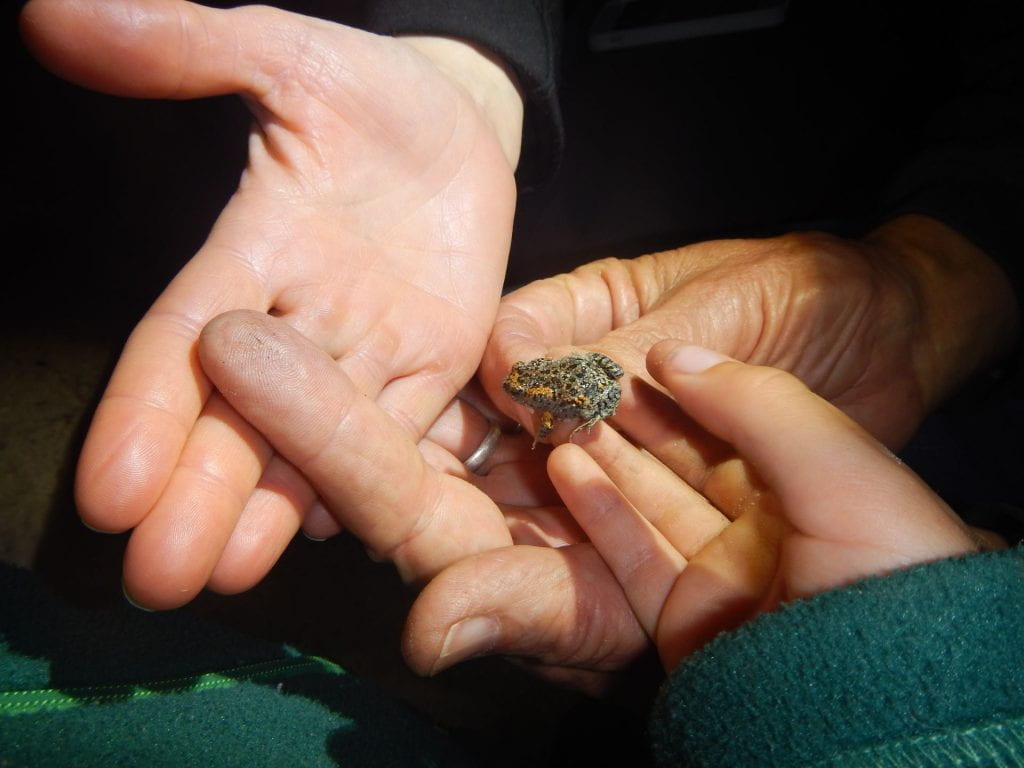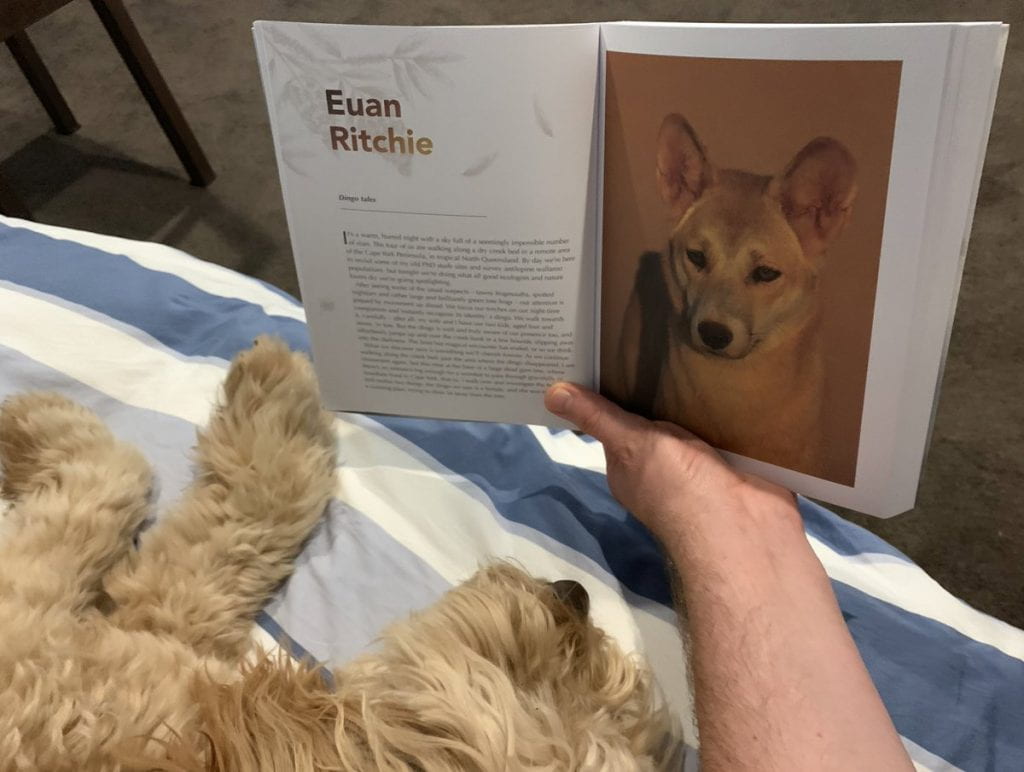
Feature Friday: Animals Make Us Human
This Feature Friday, I’d like to introduce you to a book for you to add to your Summer reading or Christmas gift list: Animals Make Us Human.

When people around the world think of Australia, they’ll usually think about the incredible wildlife. Whenever I go overseas, I’m always asked to explain what the heck a platypus is, if the ground is entirely red dirt, or if I rode a kangaroo to school growing up. And anyone who lives in Australia knows only too well, the beautiful array of wildlife and nature we have at our doorstep, and the scope of landscapes within an hour or two’s drive. But it isn’t all sunshine and banksias when it come’s to Australia’s wild habitats and wildlife.
Since European settlers arrived in Australia, more than thirty exclusively-Australian species have gone extinct. And that number is rapidly increasing – it’s predicted that a total of fifty Australian species will be extinct by 2030. The 2019-2020 bushfires brought to light the threat under which so many species exist, and were an aggressive wake-up call for humans to change this frightening trajectory.
And the threat to Australian animals isn’t just on land: many marine species are suffering from overfishing, global ocean warming and coral bleaching. Of the species in waters around Australia, 80% of the can’t be found anywhere else in the world. So once they’re gone from our waters, they’re gone for good.
Animals Make Us Human is an anthology of stories from over 60 contributors, who each talk about their own unique and personal connection with wildlife. The idea for the collection came about as a response to the recent bushfires, and was put together amidst the COVID-19 pandemic (talk about a tough ride!). The book has just been published by Penguin Books on November 3rd. Each story takes you on a deeply heartfelt journey of the author’s connection with Australia’s flora and fauna, and makes it impossible not to get lost in daydreams of bushland, coral reefs and coastlines.

Editors Leah Kaminsky & Meg Keneally have two main goals for this anthology. Firstly, all proceeds of the book are being donated to the Australian Marine Conservation Society and the Australian Wildlife Conservancy, both of which are doing extraordinary things to protect Australia’s wildlife. And secondly, the series invites the reader to take a moment to ponder the beauty and wonder of the natural world of Australia. The hope is that by hearing stories of how connected we as society are with wildlife, the more people will feel called to protect it.
The stories are about Australia’s wildlife from land, sea and sky, and feature writers from professional wildlife researchers, photographers and well-known writers. And among them is UniMelbSciComm champion, Jen Martin! Jen’s story is about going searching for the Martin’s Toadlet, the frog named after her Dad, and the journey she shared with her dad and son that she’ll never forget.


Jen’s husband, Euan Ritchie, also wrote a piece for the anthology. As Associate Professor in Wildlife Ecology and Conservation at Deakin University, you can imagine this is also his jam. His piece was about his many experiences with dingoes.


This book has spurred discussions about the importance of the arts in conservation activism. Deakin University is hosting a free event on Wednesday the 11th of November where editors Leah Kaminsky and Meg Keneally will be joined by Euan and another contributor from Deakin, Ella Loeffler. Together, they’ll be discussing ways that artists, writers and researchers can all significantly contribute to the welfare of wildlife.
And now on a personal level, here’s why I think YOU should pick up a copy of the book this Christmas, or consider giving it as a gift to your loved ones, or as a “treat-yo-self” for making it through a pandemic. Remember the Wild, Australia’s first nature connection charity, recently published results of a survey of people’s attitudes towards nature during lockdown in Victoria in May and June. They found that almost half of the people who responded are spending more time in nature, and 82% agreed that spending time in nature has become a way to relax and feel good. They also found that 29% of people are watching, reading and listening to more content based on nature than before. The report stated that: “This desire to spend time in nature was coupled with an increase in the amount people were thinking about the natural world, and for some, an increase in their consumption of nature-related media”. If you or your loved ones are also nature-lovers, this book might fill the need for you to access that special state of calm we come into when we are out in the wild. And perhaps these stories are the perfect inspiration for you to experience the benefits of nature, and spark ideas of what you can to protect it.
You can purchase a copy of Animals Make Us Human at Readings, Dymocks and many other local bookstores. It’s also available for Kindle and Audible and other various formats.
Join the discussion hosted by Deakin University with editors and authors of the anthology on Wednesday the 11th of November, from 2-3pm AEDT. Sign up for free here.
And don’t forget to go outside and truly love the wildlife around you!
– Written by Rosie Arnold
Categories